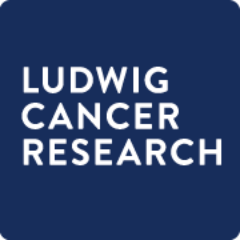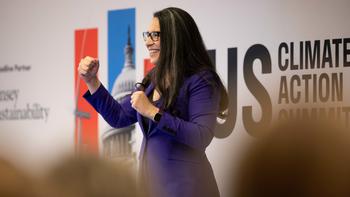HSC Technology Group and partners Whiddon, Anchor Excellence and CSIRO, Australia’s national science agency, have been awarded an Aged Care Research and Industry Innovation Australia (ARIIA) grant with a total value of nearly $400,000 to run a feasibility study using a data analytics platform that combines sensor technology to prevent falls in residential aged care.
Consulting Clinical Research Director for HSC Technology Group, Dr Maggie Haertsch, said the prevalence of falls is unacceptably high in residential aged care and more research is required to support quality and safer care.
“The ARIIA funding will be used to develop the BEST CARE Project, which will provide an excellent opportunity to be smarter in detecting functional changes early and help design care to enable older people to have timely support as their needs change,” she said.
“The aged care workforce is currently under stress and there is much that this technology can do to help.
The first step toward implementation of the technology is to address how to make it easy for adoption,” Dr Haertsch said.
The BEST CARE Project will test the feasibility of a world first sensor platform called Talius in residential aged care.
Talius incorporates an algorithm originally developed and tested in an in-home care setting by CSIRO as part of their Dementia and Aged Care Services trial using the Smarter Safer Homes platform.
Principal Research Scientist at CSIRO’s Australian e-Health Research Centre, Dr Marlien Varnfield, said the use of CSIRO’s monitored smart technologies in home care has demonstrated that for older adults with Home Care Packages, the intervention benefited their social care related quality of life.
“Using similar sensors and the aggregation of this data into the Talius platform for the prevention of falls in residential aged care is a logical next step,” Dr Varnfield said.
Talius uses a combination of sensors placed around the residential aged care home with settings adjusted to individual risks to identify factors that can lead to a fall. The study will explore the acceptability of these autonomous sensors and the use of an individual’s ‘sensor story’ to inform residents, their families, and care staff of the older person’s wellbeing. The study will also identify any barriers to adoption and the impact of this technology on the organisation’s operations.
Innovative aged care provider, Whiddon, are among the first residential aged care service in Australia to introduce Talius to improve residents’ safety and to support staff to continue to provide high quality care.
The Talius platform is the first of its kind that combines information from different types of sensors to provide real time information about residents care needs to mobile devices and healthcare dashboards used within the service. This state-of-the-art technology using the Internet of Things (IoT) can reliably monitor and alert staff to an older person’s changed health status. Talius is sensor agnostic and can link any number of sensors autonomously collecting data into its platform. In this study there will be six different types of sensors with a total of 967 sensors installed throughout the home.
CEO of HSC Technology Group, Graham Russell, said the technology-using sensors have been trialled by CSIRO in people’s homes.
“Many aged care providers asked me if this technology could also be used in residential aged care homes as they saw how the data moved from a reactive to proactive solution,” Mr Russell said.
“I am very pleased that we have won this grant and with the collective expertise of our partners, refine our approach.
“Using autonomous data collected through the sensors ensures dignity for older people, it is not invasive like a camera or CCTV, and can be very sensitive to help predict a change,” he said.
Whiddon’s Executive General Manager Technology and Property, Regan Stathers, describes the grant as an exciting opportunity.
“We are excited to introduce Talius linking real time information through a variety of the sensors into one dashboard and alerts to handheld devices,” Mr Stathers said.
“The Talius platform provides us with information that informs care and up-to-date information on the residents’ changing needs.
“Whiddon is constantly striving to improve our quality of care through innovative new approaches.
This technology is like a smart sensor messaging system and we are eager to better understand the experience of our residents’ and staff experience using Talius,” he said.
Managing Director of Anchor Excellence, Cynthia Payne, said the organisation was delighted to be involved in this collaboration to help find solutions to the serious impact of falls.
“As part of this research program, we will be working with the clinical team to identify high impact high prevalence risks for each resident and ways the Talius platform can send out alerts and prompts that support the team with their care,” Ms Payne said.
“This is an area of great need in the sector and the ARIIA grant is enabling this innovation to take the next step towards implementation. We are looking forward to seeing the results and how this can support innovation across the sector,” she said.







